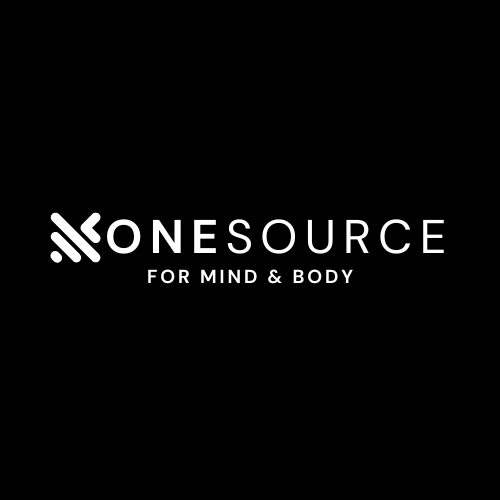Unraveling Universal Healthcare II
When I was working one of the main reasons people said insurance companies didn’t focus on preventative care was because they were unlikely to benefit from it. That by the time a person was at the age when they would develop a preventable disease, they would be covered by a different insurance carrier, and that carrier would be the one benefitting. Because most people get their health insurance through their job, whenever they switch employers, they also switch insurance. It turns out this happens on average every 6 or so years.
I understood the logic then as I do now, but I have never agreed with it. My view was always if all the insurance carriers provided preventative care, then it wouldn’t matter which patients they were covering. Everyone in the pool, in theory, would be equal. But obviously getting every insurer to agree and comply with this idea would be a gargantuan task, and one that no one wants to take on. It is though one of the reasons that Accountable Care Organizations were born, as well as incentives for achieving certain quality metrics. Unfortunately it hasn’t been enough to change the trajectory of health in America.
But I never thought of it as a reason for universal healthcare. Not until I read TR Reid’s The Healing of America. Because under universal healthcare, and more specifically a single payer system, the government has all of the incentive in the world to keep people from getting sick. The more disease they prevent, the less money they have to spend on treating those preventable diseases, the more money that’s in the system to treat other people with acute and non-preventable illnesses.
TR Reid makes this argument in chapter 11, An Apple a Day, and it was the first time I ever realized that it could help solve this problem.
“In a nation with a unified health system that covers everybody - which is to say, all the industrialized democracies of the world except the USA - it clearly benefits both the population and the system to invest in public health. But in a fragmented, multifaceted-system nation like the United States, the economic incentive for preventative care are dissipated.”
In this excerpt from the book he calls U.S. healthcare a “system.” But in a previous chapter he more accurately defines it.
“American healthcare is not really a system at all. It’s a market. In a market, people with money can buy what they want, and many people are left out. So we thought, no, we don’t want market-driven healthcare. We want a real system, something that covers everybody and doesn’t depend on how much money you have.”
He’s quoting a Taiwanese businessman who helped set up the universal healthcare system in Taiwan in the 90s. When thinking about what they wanted their system to look like, they first turned to the US, but then realized it wasn’t a model to copy.
Healthcare as a market, as a commodity, is also not something that I ever put together even though it should have been obvious to me. The rich get good healthcare, the poor don’t. It’s not something I was ever ok with, but it’s something that I dismissed as just the way it was. The same way I thought the ability for insurers to decide which claims to deny was normal. That is until I read this book and my eyes were opened. That is until he framed healthcare as a commodity in the U.S. and it clicked for me.
Our country is so focused on making money. Everything we do as a nation is based on this. And that’s ok. That’s a good thing in most cases. Economic incentives, the ability to create a better life for yourself and your family is one of the reasons that Americas is viewed so favorably around the word. I meet people all the time in my travels who dream of coming to America, working hard, and having a better life. I meet people who have immigrated here and are so happy they have the opportunity to improve their situation. And I don’t think we should ever change that.
But I think it’s time that we grow up as a nation. That we realize as a nation that we have more than enough resources to give everyone that lives here a comfortable and secure basic level of living. That certain things like healthcare, food, shelter, and clean water, are not commodities that should be distributed based on income.
And I think providing a real healthcare system for everyone, and turning our public health efforts towards helping prevent disease, is a great place to start. And I think that while healthcare could be step number one, revamping the market around food and turning it too into a system that benefits everyone, is a very close number two.
